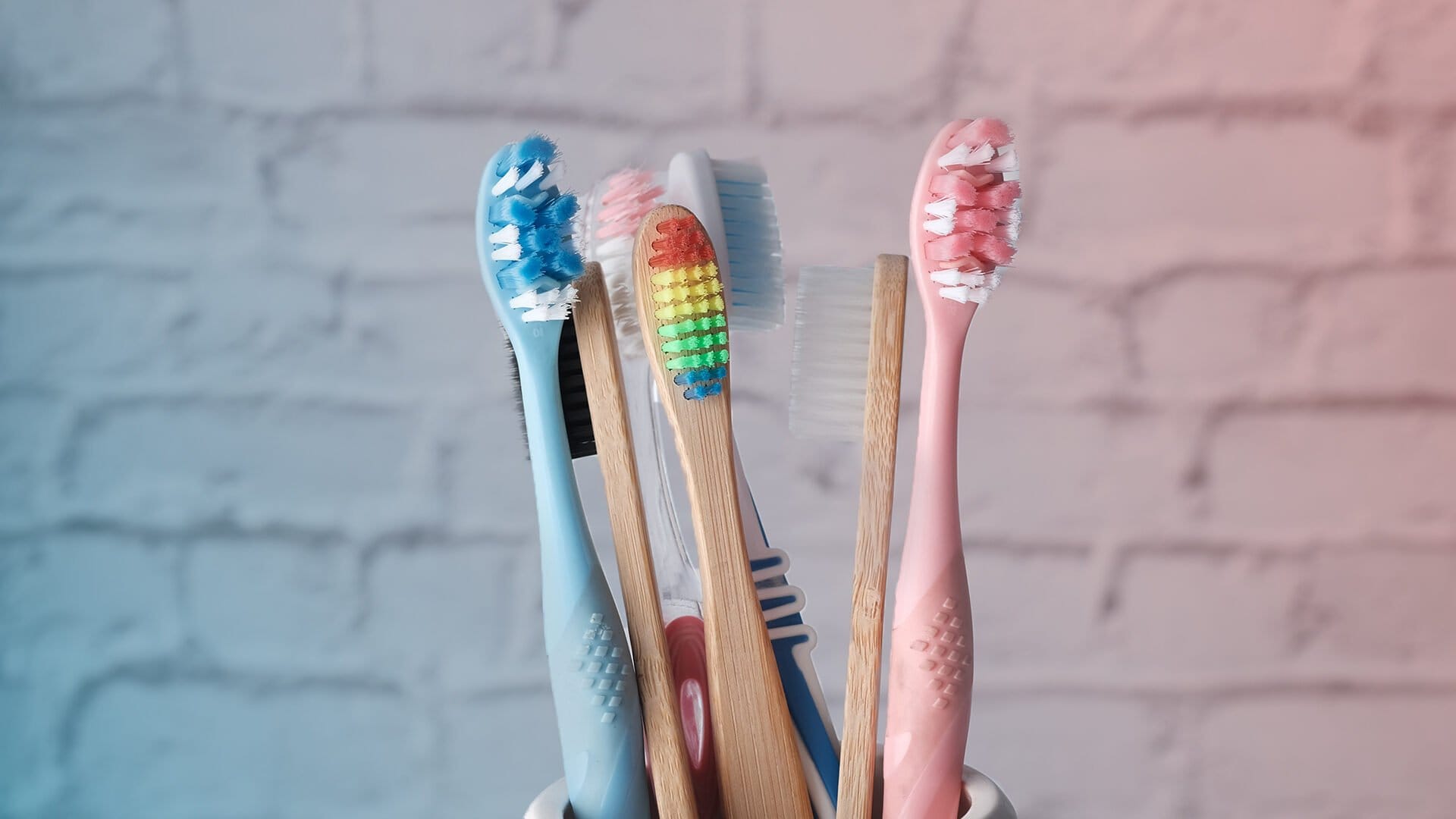Menu
Free Consultation

Oral and dental health is a part of our overall health. Choosing the right toothbrushes is very important to keep our teeth clean and healthy. Although there are many different types of dental care on the market, the type of brush that suits everyone's needs may be different. So, how should we choose the right toothbrush? What should we pay attention to paragraph? In this article, we will discuss all the details that dental care should pay attention to.
When choosing a toothbrush, the hardness of the bristles is one of the most important factors. There are three basic hardness levels:
The size of the brush head should be suitable for your mouth structure.
The handle of the toothbrush should be ergonomic and have a non-slip structure. Thick and easy-to-grip handles should be preferred especially for children.
When choosing a toothbrush, it is also important to decide between manual and electric brushes:
The arrangement of the bristles in toothbrushes also affects cleaning performance.
Which toothbrush is suitable for whom depends on personal oral health and needs. Here are some suggestions:
Soft-bristled brushes are recommended for people with sensitive gums. These brushes provide gentle cleaning without damaging the gums.
Individuals undergoing orthodontic treatment should prefer special orthodontic toothbrushes. These brushes minimize plaque accumulation between brackets and wires.
Small-headed and soft-bristled brushes are designed to fit children's teeth. In addition, fun designs encourage children to brush their teeth.
Electric toothbrushes are recommended for elderly individuals. These brushes provide more effective and easy cleaning for individuals with reduced mobility.
Electric or medium-hard bristle toothbrushes can be effective in reducing plaque accumulation. However, hard brushes should be used carefully, otherwise they can damage tooth enamel.
Specially designed large-headed, soft-bristled brushes should be preferred for cleaning dentures.
People with receding gums should use brushes with ultra-soft bristles. This way, they irritate the gums less.
It is recommended that you change your toothbrush every 3-4 months. However;
You should brush your teeth for at least 2 minutes.
Don't forget to clean your tongue along with brushing your teeth. You can use special tongue cleaners to prevent bacterial accumulation.
When choosing your toothbrush, you should also pay attention to the content of the toothpaste you use. Pastes containing fluoride help prevent cavities.
Are Electric Toothbrushes Really Better?
Yes, when used correctly, electric toothbrushes can remove more plaque than manual toothbrushes.
Do Hard Brushes Clean Teeth Better?
No. Hard brushes can damage tooth enamel and gums.
How to Store a Proper Toothbrush?
Store your toothbrush upright outdoors and avoid contact with others.
As a result, you can protect your dental health and provide more effective oral hygiene by choosing the right toothbrush for your needs!
